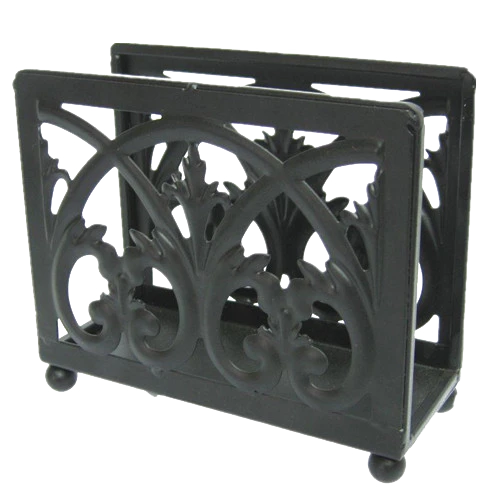Mobile:+86-311-808-126-83
Email:info@ydcastings.com
Exploring End Cap Solutions for GI Pipes in Various Applications
Understanding End Cap GI Pipes A Comprehensive Guide
Galvanized iron (GI) pipes are widely used in various applications due to their durability, corrosion resistance, and strength. One of the essential components in any piping system is the end cap, which plays a crucial role in ensuring the integrity and functionality of the pipelines. This article delves into the significance of end cap GI pipes, their applications, benefits, and selection criteria.
What is an End Cap GI Pipe?
An end cap for GI pipes is a fitting that is used to seal the open ends of a pipe. It effectively prevents the internal flow of materials, making it an essential component in many plumbing, construction, and industrial applications. End caps can be found in various sizes and configurations, allowing them to fit different diameter pipes securely.
Applications of End Cap GI Pipes
End cap GI pipes serve multiple purposes across various industries. Some common applications include
1. Water Supply Systems In plumbing, end caps are integral in water supply lines, helping to control and manage the distribution of water.
2. Wastewater Management End caps are used to seal sewage and drainage pipes, preventing leaks and wastewater contamination.
3. Industrial Uses In factories and manufacturing units, end cap GI pipes are utilized in systems that require the transportation of materials and chemicals under specific conditions.
4. Structural Applications In construction, end caps are often used in scaffolding and framework, ensuring stability and safety during building processes.
Benefits of End Cap GI Pipes
The use of end cap GI pipes offers several advantages
1. Corrosion Resistance Galvanization provides a protective zinc coating, which prevents corrosion and extends the lifespan of the pipe and its fittings.
end cap gi pipe

2. Durability GI pipes, including end caps, are known for their strength and ability to withstand high pressure and harsh conditions, making them ideal for both indoor and outdoor applications.
3. Cost-Effective Compared to materials like copper or PVC, galvanized iron is relatively inexpensive, making it a budget-friendly choice for large projects.
4. Ease of Installation End caps can be easily installed and removed, facilitating maintenance and adjustments in piping systems.
5. Versatility With various sizes and designs available, end cap GI pipes can be used in a wide range of applications, from residential plumbing to heavy industrial setups.
Considerations When Selecting End Cap GI Pipes
When choosing end cap GI pipes for a specific application, several factors should be considered
1. Pipe Diameter Ensure that the end cap matches the diameter of the corresponding GI pipe to avoid any leaks or system failures.
2. Material Quality Look for high-quality galvanized iron to guarantee the effective performance of the end cap under varying conditions.
3. Application Requirements Consider the specific requirements of the application, such as pressure ratings and environmental conditions.
4. Compatibility Ensure that the end cap is compatible with the existing piping system and follow local building codes and regulations.
5. Installation Evaluate the ease of installation. It is essential to choose products that do not require specialized tools or expertise unless necessary.
Conclusion
End cap GI pipes play a vital role in ensuring the efficiency, safety, and reliability of piping systems across various sectors. Their corrosion resistance, durability, and cost-effectiveness make them a popular choice among engineers, contractors, and DIY enthusiasts. By understanding their applications and benefits, as well as carefully considering selection criteria, users can make informed decisions that enhance the longevity and functionality of their piping systems. Whether for residential, commercial, or industrial purposes, end cap GI pipes are indispensable components that contribute significantly to the overall efficacy of any piping project.
-
Why Should You Invest in Superior Pump Castings for Your Equipment?NewsJun.09,2025
-
Unlock Performance Potential with Stainless Impellers and Aluminum End CapsNewsJun.09,2025
-
Revolutionize Your Machinery with Superior Cast Iron and Aluminum ComponentsNewsJun.09,2025
-
Revolutionize Fluid Dynamics with Premium Pump ComponentsNewsJun.09,2025
-
Optimizing Industrial Systems with Essential Valve ComponentsNewsJun.09,2025
-
Elevate Grid Efficiency with High-Precision Power CastingsNewsJun.09,2025











